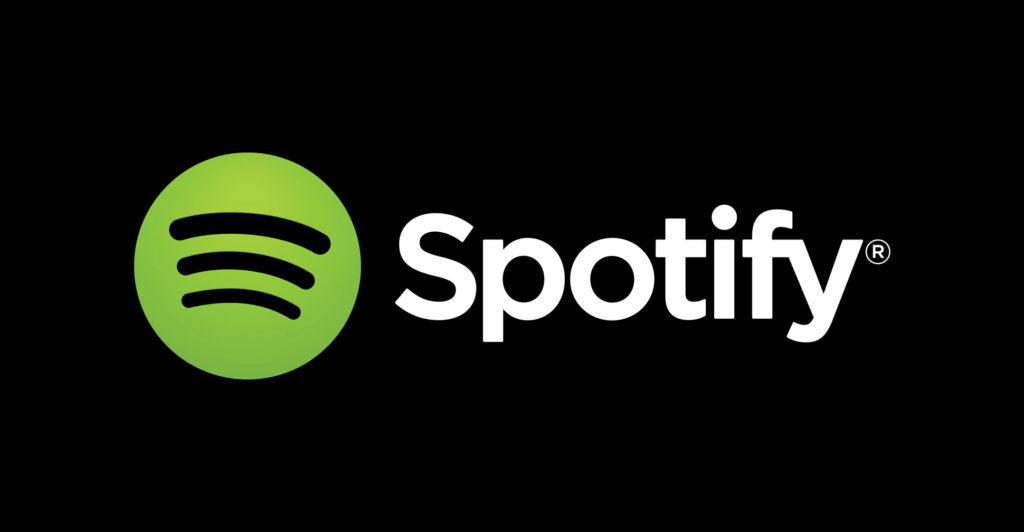
When Neil Young launched his boycott of Spotify over its hosting of popular podcaster Joe Rogan, whom the rocker accused of spreading Covid misinformation, the Polish start-up FreeYourMusic sprang into action. It tweeted the hashtags #cancelspotify and #byespotify to draw attention to its main product — the free transfer of music playlists from one platform to another.
Opportunistic? Sure. But also a reminder of the swirl of issues facing Spotify as it’s dragged into territory commonly associated with Big Tech, such as platform dominance.
Even if the main thrust of Young’s standoff was about Spotify taking responsibility for the content produced by its burgeoning podcast empire — the company has since announced some welcome changes — the question of whether there are enough viable alternatives to Spotify is never far away.
With approximately 380 million users and a 31% share of the music streaming market, ahead of Apple Music’s 15%, Spotify isn’t quite Facebook (the social networking giant has three billion users). But the platform is big, and the network effects of its music catalogue — now augmented by podcasts — are incredibly powerful. The days when fans were forced to find the Beatles or Metallica on CDs or downloaded files are long gone. Spotify’s deep well of content, combined with gobs of consumer data, papers our lives with playlists. Its algorithm reigns supreme.
There are rival platforms out there, but the switching costs feel high. Deleting a Spotify account, signing up to another platform and painstakingly rebuilding a new algorithmic cage is a chore. Third-party apps promising an easier time don’t help that much — I tried using both FreeYourMusic and SongShift to export playlists to YouTube and had no luck, though others seem to have had some success.
Closely linked
This may seem like a separate issue to the Rogan saga, but it’s closely linked. The standoff quickly descended into an all-or-nothing online fight between “anti-misinformation” and “pro-free speech” camps. But for his part, Young made clear this was about choosing to part ways with Spotify, not censoring Rogan, and said that users were free to listen to his music on other streaming platforms. “As an unexpected bonus, I sound better everywhere else,” he reportedly added, a teasing reference to sound quality.
If switching services was easier for people willing to follow Young, perhaps the issue wouldn’t have been so polarising — it would have resembled an unhappy customer crossing the street to go to another restaurant, rather than yelling for hours for a different menu. “This whole fight could be avoided … if people could move,” FreeYourMusic co-founder Bartosz Hernas tells me. “But because people cannot, it needs to be a fight.”
As UK regulators pore over the lopsided economics of music streaming, and as the European Union ramps up scrutiny of platforms, it’s time to put consumer choice back at the top of the priority list. Regulators have the power to help lower switching costs in the platform economy by standardising the portability of personal data, such as music playlists, to other platforms. We’ve seen the benefits in the telecommunications industry, where we can now take our phone number with us when switching operators, and in apps sharing our bank account data.
 In fact, the EU’s flagship data-privacy rules known as GDPR already enshrine this right to data portability. But in practice, it hasn’t taken off, as the process is still clunky and a lot is left up to individual companies. A report published last year by data compliance firm Alias, which tested several platforms, found that Spotify sent “very little” appropriate data, with non-interoperable formats and often incomprehensible file names.
In fact, the EU’s flagship data-privacy rules known as GDPR already enshrine this right to data portability. But in practice, it hasn’t taken off, as the process is still clunky and a lot is left up to individual companies. A report published last year by data compliance firm Alias, which tested several platforms, found that Spotify sent “very little” appropriate data, with non-interoperable formats and often incomprehensible file names.
What’s missing are standardised tools and software interfaces to make the reality of data portability live up to the theory. While not a magic wand, there could be benefits for innovation. Competition might be less about building the most elaborately walled garden, and more about sound quality or user experience or content moderation. The fight against harmful content and misinformation wouldn’t go away, but it might at least be fought more thoroughly.
Maybe then we would find out if there’s room in this world for both Joe Rogan and Neil Young — without raising an army to get a platform to change its tune. — (c) 2022 Bloomberg LP

